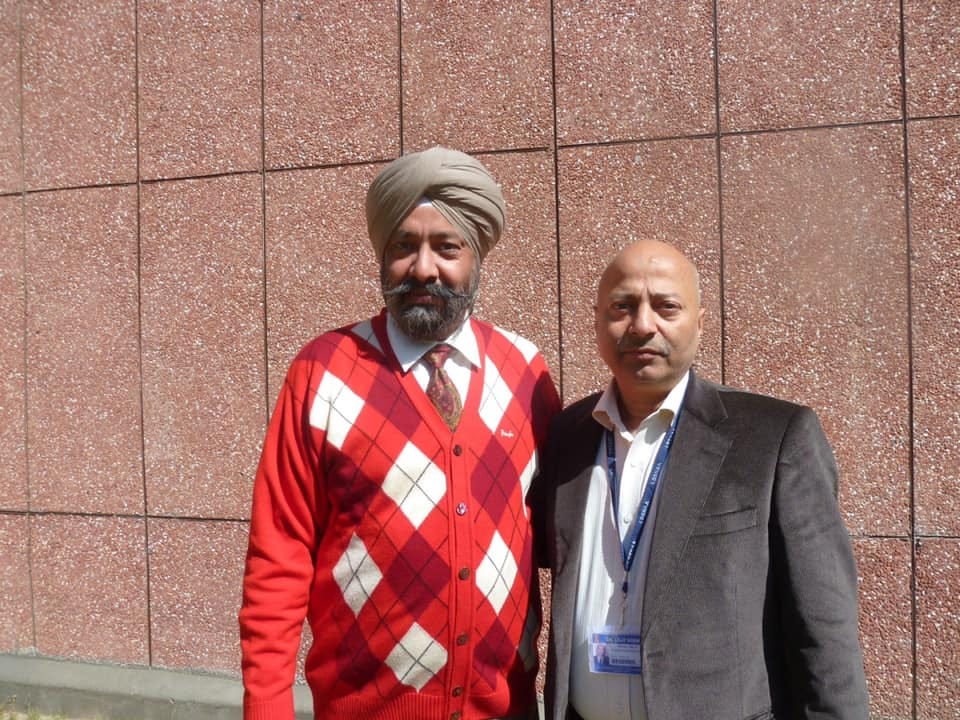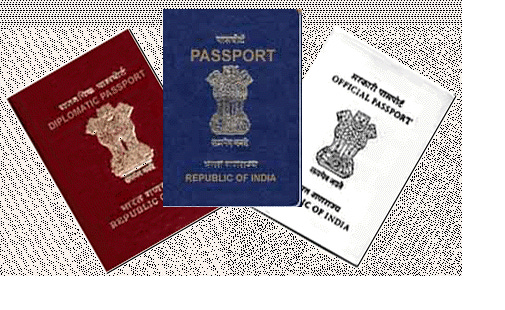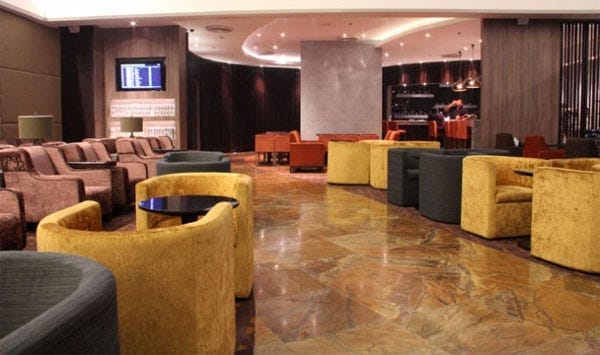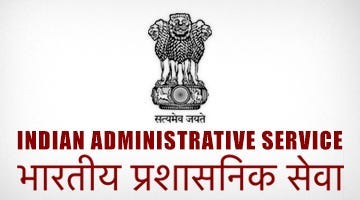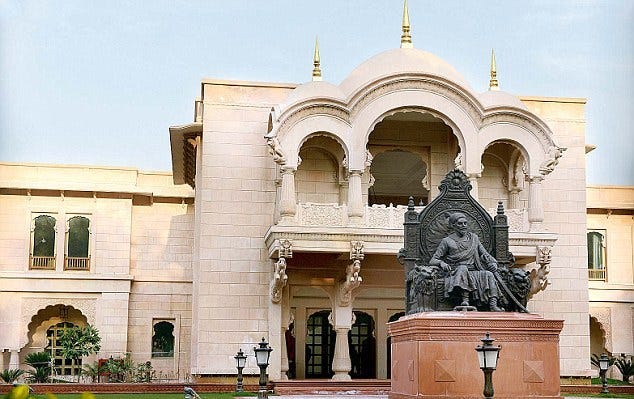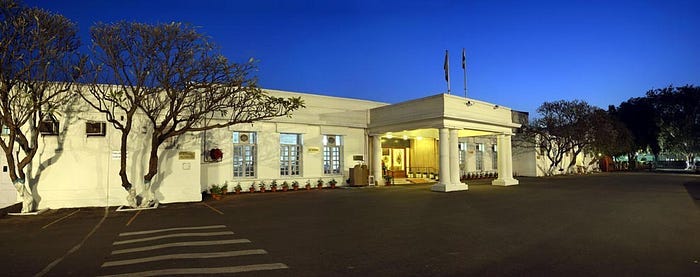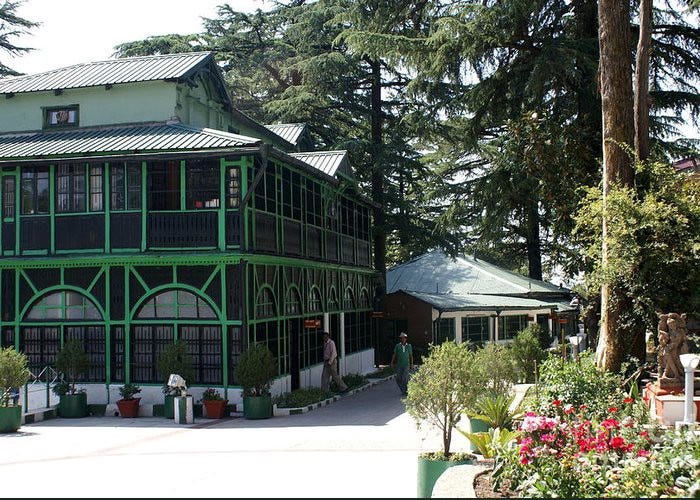The IAS Card — your access to Privileged and Exclusive Customer Service?
My 2-cent advice for the IAS and Civil Services aspirants-- your Passport to Exclusive Customer Service and Privileges that money cannot buy and other denizens yearn for.
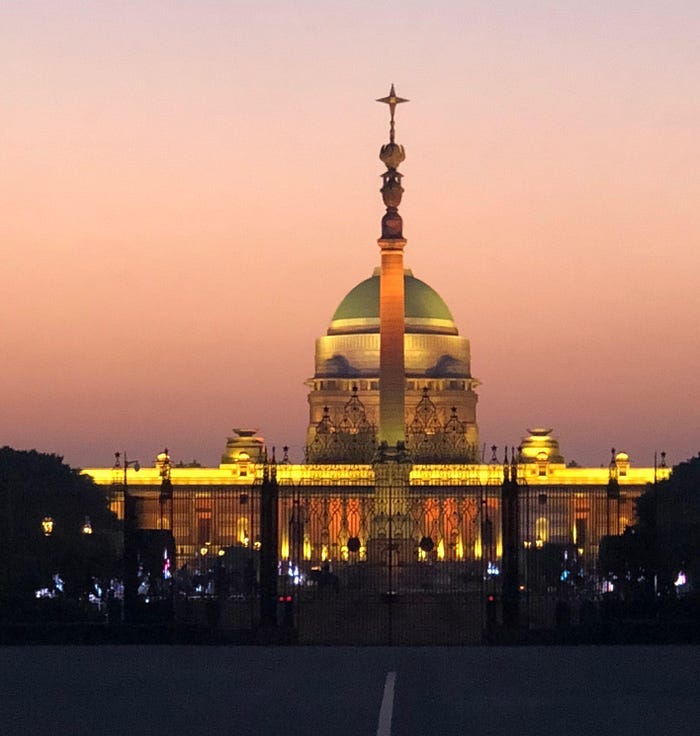
Recapitulation: In September 2018, when I was still an active member of the Indian Administrative Service (IAS) serving the Punjab cadre, I penned an article on my personal blog. This piece, a candid reflection on the system's inner workings, sparked quite a controversy, winning me a fair number of critics both within and beyond the bureaucratic corridors.
Ironically, many of these critics reached out to me in private, validating the authenticity of my portrayal. On the other hand, politicians and journalists seemed thrilled by these revelations from an insider. The echo of the words I wrote back then still resonates today, revealing closely-guarded secrets of our fraternity.
Fast-forward to July 2021, I superannuated from the IAS, closing the chapter on my active role in the system. Today, five years after the original publication and two years post my retirement, a friend nudged me to breathe new life into this post.
FLASHBACK to 2012: Our batch topper Dr Lalit Varma (UP Cadre) organised this photograph with yours truly, the batch runners-up, in Phase-5 Training Programme in November, 2012.
So, here it is—revisited, slightly polished, and republished on Substack for your reading pleasure. The essence remains untouched, continuing to serve as a testament to a bygone era, a world hidden from public view, and the influential power of the IAS Card—your passport to exclusive privileges and exceptional customer service.
Join me on this reflective journey as we dive back into the world of the IAS. Let's explore the privileged intricacies and unique conveniences tied to the IAS card and take a fresh look at the landscape that has evolved over the past five years. Together, let's see if and how the dynamics have shifted since my departure from the service.
New concluding paragraph: However, for this republication, I have an exciting addition, particularly crafted for our young and fervent aspirants who burn the midnight oil, all to crack that one crucial UPSC exam — the golden gate to a dream career coveted by millions.
I present to you, a completely new, concluding segment, aptly titled, "My Two Cents for the IAS and Civil Services Aspirants". This isn't just a read, but a must-read for all those spirited young minds and their supportive parents. The next time someone tries to dissuade you, suggesting that the civil service isn't the ideal route for India's talented youth, remember my words and let them serve as a guiding light. Don't let anyone convince you not to explore this path if it's what you feel passionate about. This, my dear readers, is the legacy of the prestigious IAS Card.
==========================================================================
I had recently written an article captioned “IAS has now become the Indian Customer Service” (https://theprint.in/opinion/ias-has-now-become-a-customer-service-pleasing-politicians-and-businessmen/111677/). The thrust was that IAS officers are more focused on delivering priority services to an elite class of customers, even as the ordinary citizens languish in serpentine queues. The “preferred” clientele includes the members of the political executive, legislators, higher bureaucracy, businessmen and journalists et al. The piece did not, directly or indirectly, imply that the IAS officers, as a class, are either inefficient or corrupt.
The piece elicited quite an animated response from many of our serving IAS officer colleagues even though no one really put forth a reasoned rebuttal in the public domain. On the other hands, many officers, serving as well as retired, reached out to me privately as well as in their public comments on my Facebook post, stating that the article was a truthful representation of the existing state of affairs, even though it was not anybody’s (including mine) case that the existing scenario was desirable. They, however, seemed inclined to agree that to survive and thrive in the service career, an IAS officer could not but give disproportionate attention to the elite customers.
I am of the opinion that it is now an opportune time for “total internal reflection” for me as well as our IAS colleagues. Aren’t we ourselves a set of elite customers, claiming priority and exclusive services from the various instrumentalities of the State as also from private organizations, which even the relatively more informed citizens are perhaps completely unaware of? No, I am not talking of huge bungalows at next-to-nothing rentals, or chauffeur-driven cars or armed round-the-clock security at government expense or the concept of “camp office” as a part of your residence, which the government provides/ maintains. I am just talking about tangible and intangible perks, privileges and facilities some of which even money cannot buy.
Colour of Passport
Yes, we are all aware of our deep blue passport, a proof of our being citizens of India. But then there are white-coloured “Official Passports” and the exclusive dark maroon coloured “Diplomatic Passports”. It’s not just about separate and fast-track immigration and emigration queues but also ease in getting visas from foreign countries. More importantly, many countries allow entry without visa to the holders of diplomatic and official Indian passports for a limited period (follow this link for a complete list, mea.gov.in/bvwa.htm). Our Constitution created just one class of citizens but if you see the practical utility of a diplomatic passport, which every IAS officer of the rank and status of a Joint Secretary to Government of India (JS to GOI) is entitled to possess, it appears that some citizens are “more equal than others”.
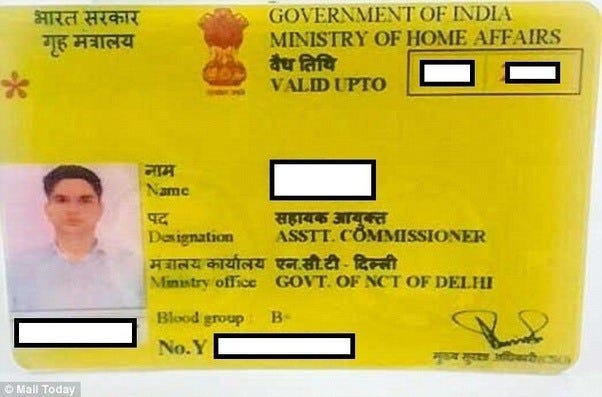
Home Ministry three-star Identity Card
Ever tried to enter any one of various “Sarkari” Bhawans in the National Capital, especially the hallowed portals of the North Block and the South Block? You need to have a prior appointment with the concerned officer, who then authorizes your entry. You are physically frisked, your files/ luggage and belongings X-rayed and you are allowed entry only after a temporary pass is issued at the “reception”. Be aware, there may be long queues here, so you’d better there well before time. On the other hand, if you are carrying the 3-Star Identity Card, irrespective of whether you are serving in the Centre or in a State, you glide through without any hassle whatsoever, with a complimentary salute by the otherwise obdurate and stern-looking CISF security-personnel as a bonus.
Bank’s Preferred Clients
I was very happy to note that the cheque book issued to me by a private bank designated me as “preferred” customer. I was soon upgraded to the status of a “privileged” one. But it was only when, as the Finance Secretary of my State, I was invited to a dinner with their visiting MD, did I discover that despite my consistently measly bank balance, I had been elevated the previous day to the highest level of hierarchy in the bank’s customers — the “Imperia” You now had a “Personal” Relationship Manager and if at all you deigned to visit the branch personally, no one lower than the Branch Manager was supposed to attend to you.
VIP Airport Lounges
Officers of the rank and status of JS in GOI are entitled to travel Business Class on official trips abroad. So, the exclusive lounges are a part of the deal. However, even in domestic travel your I-card can throw open the doors of the VIP Lounges, even if you are travelling economy class. Of course, who will stop your family members from accompanying you to these otherwise exclusive and restricted-access places? Yes, airlines have their own CIPS (Commercially Important Persons, for the uninitiated), but compared to the VIPs of the local administration/ State Government, they are quite far behind in matter of protocol. A friendly phone call to a colleague at the appropriate level may also earn you a coveted upgrade from the economy to business class on the domestic as well as overseas routes, especially on a private visit.
Red lights and NHAI Toll Bridges
Yes, the red-light VIP culture is out. The Centre has amended the Motor Vehicles Act/ Rules and no person can now flaunt a red/ blue or amber light atop his official vehicle. What about flag? Yes, IAS officers of the rank of Principal Secretary and above in the States support distinctive flags. In the field, junior officers of the rank of Commissioners and the District Magistrates also do so. These carry more weight than the erstwhile red-lights. I have seen all Secretaries GOI, supporting National Tricolour Flags on their official staff-cars — a rare privilege — but these are never allowed to flutter and fly freely (any symbolism there?) — these are wrapped up and covered in transparent plastic. Is it a part of some archaic Flag Code or a violation of the Prevention of Insults to National Honour Act, 1971. Act? All this also gets you a fast-track and toll-free access at all the toll-plazas throughout the country and free and priority vehicle parking at most places.
Ashoka Emblem on Letterheads
Home Ministry has stringent set of guidelines as to who and on what occasion may use the National Ashoka Emblem. However, an IAS officer from the day-one at prestigious Lal Bahadur Shastri National Academy of Administration (LBSNAA), Mussoorie habitually and customarily uses this in one form of the other on his official letterhead, till the date of his retirement. So, you are not really a public servant; you are the natural extension of the Indian State!
State Bhawans in New Delhi
An IAS officer is very parsimonious and exercises utmost economy when it comes to travel/ official tour to the National Capital. Although most are entitled to stay in 5-star hotels, the preferred place of stay is the State Bhawan. Maybe just modest facilities but safe, secure, central and great subsidized food. And, rate? Rs. 100/- per day, when on an official visit and a royal sum of Rs 300/- per day, if the visit is “private”. And, who Ubers it in Delhi when you have the State Bhawan Staff Car, flaunting a Home Ministry Parking Sticker, to ferry you around.
Membership of Elite Clubs
The Delhi-centric IAS officers do manage to get hold of membership of elite Clubs like the Delhi Golf Club, Delhi Gymkhana, India International Centre or the India Habitat Centre. It may be a tenure membership or a permanent one, but a friendly call from the concerned Ministry will get you access to at least one or more of these. And, if all else fails, you have the exclusive CSOI — Civil Services Officers Institute — which is second to none in terms of facilities. And, did the civil service officers pool resources to buy costly land and build the impressive infrastructure? Gosh, no! It’s perhaps the budgetary support for the “human resource development” of senior civil service officers.
My Two Cents for the IAS and Civil Services Aspirants
So, to all the bright-eyed, bushy-tailed young dreamers out there, who are currently being bombarded by words of caution from well-meaning serving or retired civil service officers, listen up. Yes, you might be getting a narrative of the tough grind, the demanding hours, the often thankless tasks, and perhaps the bureaucratic morass. Heck, you may even hear whispers of "You could earn so much more in the private sector" or "Why slog when you can just start a startup?" and, my personal favorite, "Why do you want to be a glorified clerk, mate?"
Dream perks? I want you to take a moment and remember this: the IAS has its own charms, charms that are often concealed from the public eye. These are the perks and privileges that don't come with a price tag, but rather with a special, one-of-a-kind IAS Card. These are the privileges that money can't buy. Not your weight in gold, not your fancy Bitcoin wallet, not your stashes of ancestral property, not even that elusive winning lottery ticket!
You won't get the nod of respect from a stern CISF officer for your BMW, and your platinum credit card won't gain you access to the soothing calm of the VIP airport lounges. Your mansion might impress your neighbours, but it won't earn you the privilege of walking into the corridors of power with a three-star Identity Card. That's what the IAS Card can do. It’s like a magical charm that whispers "Open Sesame" to doors you never knew existed.
Power and privileges with a purpose: But, let's not get carried away. This IAS Card, this passport to a different world, comes with its own costs. The glamour of the perks is but a small recompense for a life dedicated to serving the most marginalized, to being their beacon of hope in the storm. It is a compensation, albeit a meager one, for long hours of work at salaries that are barely more than symbolic gestures, especially when compared to the astronomical figures that our corporate counterparts boast about.1
You may think your paycheck is light, but when you see the twinkle in a child's eye because of a policy you helped implement, or the gratitude of a poor farmer whose life you touched, your heart will be heavy with a sense of fulfilment. That's the real deal - the priceless reward that the IAS Card bestows upon you.2
So, aspirants, my future comrades, if you've got the spirit to serve the people and the resilience to navigate through the intricacies of bureaucracy, come join us. The journey might be long and arduous, but the view from the top, trust me, is absolutely worth it!3
A Dozen things Civil Servants could learn from Squirrels
1. Develop quick reflexes to escape from predators; 2. Sharpen your teeth and wits to crack hard-nut problems; 3. Save for the rainy day; 4. Ability to quickly climb up the safe havens; 5. Avoid flashy clothes and accessories. Don’t stand out; 6. Mention your common lineage with your White House cousins;
Ten things Civil Servants need to learn from Tortoises
Slow and steady, inch forward slowly; 2. Do not stick your neck out; 3. Be amphibious, capable of surviving in both types of habitats; 4. Sport heavy back-armour to prevent back-stabbing; 5. Maintain a low profile; 6. Merge with the landscape; don’t stand out;
IAS ACADEMY: The Secret Mussoorie “Quizzine”
The 12 C’s of Civil Service: A dozen questions the IAS Officers wanted to ask but were afraid Mussoorie, the “Queen of the Hills” at glorious best in the third week of August; the monsoons have breathed a new life into the hills, …




